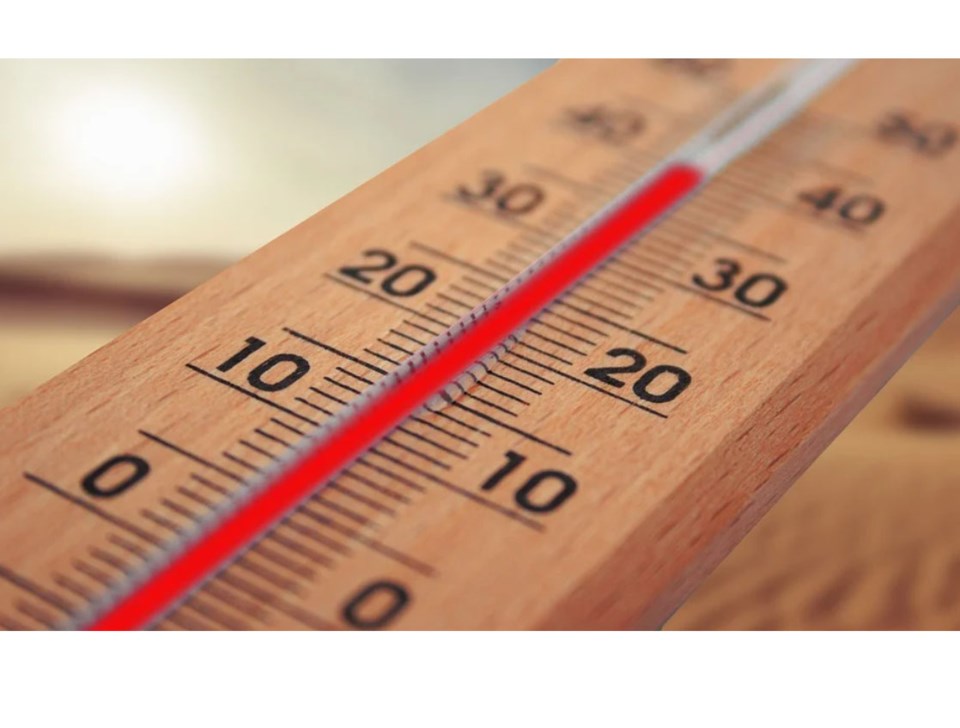The City of Delta has developed a communications strategy and is taking other steps to be better prepared in case of another deadly heat dome.
In step with the provincial government, Delta is addressing concerns about a heat wave that last year was attributed to many deaths.
“This incident demonstrates how vulnerable people can be found throughout the community, not just the unhoused,” said a recent staff report to Delta council. “Most of the deaths last summer were elderly people living alone at home. This means we need to rethink how we are providing emergency services during periods of extreme weather, whatever time of the year they may occur.”
During the heat event last summer, Delta opened cooling centres in municipal buildings and libraries equipped with air conditioning. They were not open 24/7, however.
In preparation for a potential repeat this summer, staff developed a communications strategy and will take additional steps in advance including updating Delta's Extreme Heat Response Plan, creating 'Beat the Heat' posters and a page on the city’s website with information and resources to help the public prepare for and survive heat dome events, including an interactive map of cooling centres.
Council recently approved a plan to designate municipal facilities in North Delta, Tsawwassen and Ladner for use as 24/7 cooling centres during Level 2 BC Heat Alert Response, as well as using Delta's seniors' buses to transport people to and from centres.
The city is also setting up a 24-hour information phone line to provide information about centre locations, transportation options and resources.
The city, among other things, will also look at options to accommodate pets during extreme heat events and look at the feasibility of installing temporary misting stations and/or portable water stations at key locations throughout Delta.
The city will also participate in provincial and regional emergency management discussions about a coordinated response and resources to respond to extreme heat events. Also, city staff will work with community partners, such as Deltassist and Options, to ensure messaging reaches as many people as possible and vulnerable people at risk are identified and assisted.
It was in late June 2021 when British Columbia experienced an unprecedented extreme heat event, with record temperatures in many parts of the province lasting for several days.
The BC Corners Service notes that temperatures began to rise on June 24 and continued increasing to a peak on June 28 and 29.
At its peak, temperatures reached more than 40 degrees Celsius in many parts of the province. Overnight temperatures also remained uncharacteristically high throughout this period.
The BC Coroners Service says more than 800 deaths were investigated between June 25 and July 1, with 619 deaths later identified as heat-related.
The findings from coroner investigations reviewed by an expert panel show, among things, that 98 per cent of deaths occurred indoors. There was also a lag between the heat alerts issued by Environment and Climate Change Canada and public agencies.
The findings are contained in a recently released report Extreme Heat and Human Mortality: A Review of Heat-Related Deaths in B.C. in Summer 2021, released by the BC Coroners Service.
The panel identified the need for a coordinated heat alert response system in B.C., identification and support of vulnerable populations, as well as implementation of prevention and longer-term risk mitigation strategies to prevent loss of life.
The province recently announced it is launching the BC Heat Alert and Response System (BC HARS) to help ensure people, First Nations communities and local governments have the tools they need to stay safe during heat events.



